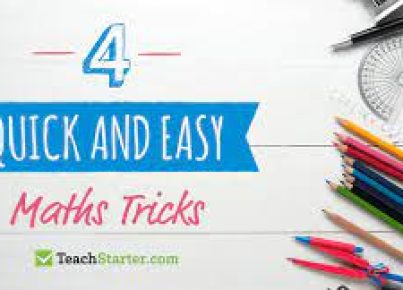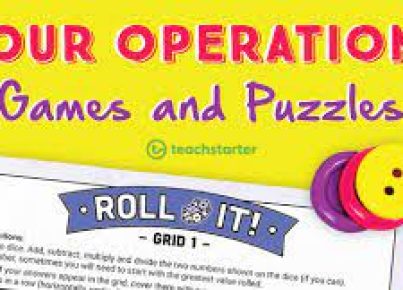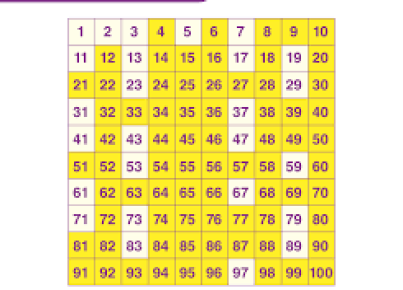Brain teasers are a fantastic way to challenge the minds of young learners and to cultivate critical thinking and problem-solving skills. These puzzles often encourage students to look at problems from different angles and develop persistence as they work towards a solution. Here are 10 brain teaser puzzles perfect for primary classrooms:
1. The Animal Mix-up: Show students a mixture of animal pictures and names that do not match, such as a dog with the name ‘elephant’ underneath. Ask them to connect each animal image with its correct name.
2. The Farmer’s Challenge: A farmer has 17 sheep, but all but 9 die. How many are left? (Answer: 9 sheep are left.)
3. The Backward Word: Write down a simple word backward (such as “tap” as “pat”) and ask students to read it correctly.
4. Counting Characters: Challenge students to count the number of times the letter ‘e’ appears in a particular sentence, ensuring there are enough instances to require careful attention.
5. What Comes Next?: Present a simple pattern of shapes or colors and ask the kids to figure out which shape or color comes next in the sequence.
6. The Unfinished Equation: Give students an equation with a missing number (e.g., 8 + ? = 12) and have them solve for the missing part.
7. Scrambled Journey: Provide a series of directions (north, south, west, east) mixed up and ask students which direction they will face if they start facing north and follow the instructions exactly.
8. Word Puzzles: Create rebus puzzles where words or parts of words are replaced by pictures, then have students decipher the phrase.
9. Memory Games: Display a tray with several items, cover it up after a minute, and then ask students to recall as many items as they can.
10. The Number Pyramid: Build a number pyramid where each brick’s value is the sum of the two bricks directly below it. Start with three or four bottom bricks filled in with numbers, and challenge students to fill in the rest.
These brain teasers will not only provide fun mental workouts but also enhance learning by fostering cognitive development in children. They can be used at any time during the school day – whether as warm-up activities, transition times between lessons, or as part of a mathematics or language arts lesson!





